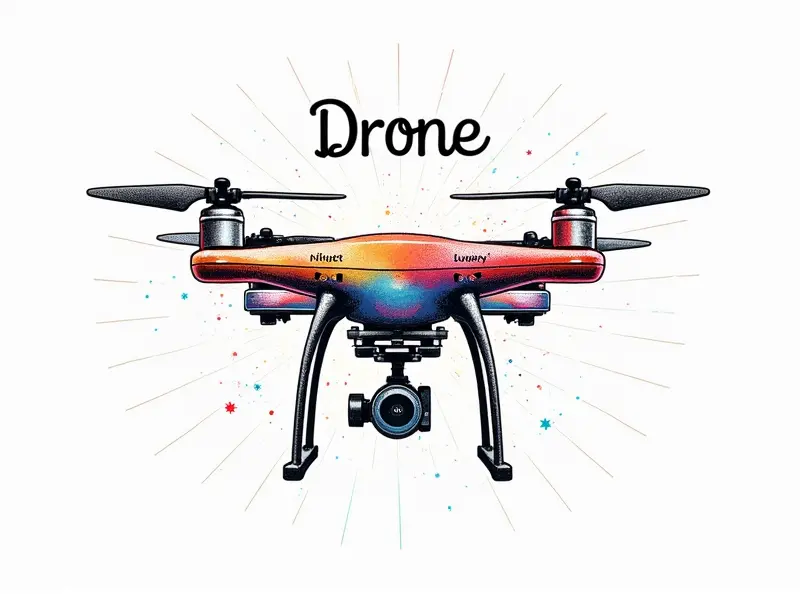Are Li-Po batteries safe for FPV?

Are Li-Po Batteries Safe for FPV Racing?
FPV (First Person View) racing has gained immense popularity among drone enthusiasts, but the safety of the equipment used is a critical concern. One of the most crucial components in an FPV setup is the battery, and Lithium Polymer (Li-Po) batteries are widely favored for their high energy density and lightweight nature. However, these advantages come with inherent risks that must be managed carefully to ensure safe operation.
Risks of Using Li-Po Batteries in FPV
While Li-Po batteries offer significant benefits, they also pose several hazards:
- Fire Hazard: Overcharging or over-discharging can lead to thermal runaway and battery fires.
- Physical Damage: Dents, punctures, or exposure to extreme temperatures can compromise the integrity of Li-Po batteries.
- Inadequate Charging Equipment: Using substandard chargers or failing to monitor charging parameters can result in battery failure.
Understanding Li-Po Battery Risks in FPV
To mitigate the risks associated with Li-Po batteries, it's essential to understand their behavior under different conditions. Overcharging and over-discharging are two primary causes of catastrophic failures:
- Overcharging: This can cause excessive heat buildup, leading to a potential fire.
- Over-Discharging: Operating the battery below its minimum voltage threshold can damage the internal structure and reduce overall lifespan.
Safe Handling of Li-Po Batteries in FPV
Proper handling is crucial to ensure the longevity and safety of your Li-Po batteries. Here are some best practices:
- Storage: Store batteries in a cool, dry place away from flammable materials.
- Transportation: Use battery bags or boxes designed to prevent short circuits and physical damage during transit.
- Inspection: Regularly inspect your batteries for signs of swelling, leakage, or other abnormalities.
Li-Po Battery Fire Prevention Tips for FPV
To minimize the risk of fire incidents involving Li-Po batteries, follow these tips:
- Use Quality Chargers: Invest in reputable chargers that provide accurate voltage and current monitoring.
- Battery Management Systems (BMS): Implement BMS to monitor battery health and prevent overcharging or discharging.
- Fire Safety Equipment: Keep a fire extinguisher or sand nearby when charging batteries.
Maximizing Safety with Li-Po Batteries in FPV
To maximize safety, consider the following strategies:
- Battery Capacity and C-Rating: Choose batteries that match your drone's power requirements to avoid overloading.
- Temperature Monitoring: Use temperature sensors to monitor battery temperatures during operation.
- Regular Maintenance: Regularly clean and inspect connectors, ensuring they are free from corrosion or damage.
Protecting Your Drone: Li-Po Safety Tips
To protect your drone and its components, adhere to these safety tips:
- Battery Wraps: Use protective wraps to shield batteries from physical impacts during flights.
- Proper Mounting: Ensure that the battery is securely mounted within the frame of your drone.
- Emergency Procedures: Have a clear plan for emergency landings and battery removal in case of malfunction.
Avoiding Li-Po Battery Mishaps in FPV
To avoid mishaps, follow these guidelines:
- Read Manufacturer Instructions: Always refer to the manufacturer's instructions for proper use and maintenance.
- Charge Supervision: Never leave charging batteries unattended.
- Battery Testing: Regularly test your batteries using a discharge tester to ensure they are functioning correctly.
Li-Po Battery Fires: A Concern for FPV Pilots?
The risk of Li-Po battery fires is indeed a concern, but with proper precautions and knowledge, it can be managed effectively. Understanding the causes and implementing preventive measures significantly reduces this risk:
- Education: Educate yourself on the dangers associated with improper handling.
- Preventive Measures: Implement fire prevention strategies as outlined earlier in this article.
The Safety Profile of Li-Po Batteries in FPV
The safety profile of Li-Po batteries in FPV racing is largely dependent on user knowledge and adherence to best practices. By following the guidelines provided, you can significantly enhance the safety of your equipment:
- Knowledge: Stay informed about the latest safety standards and recommendations.
- Equipment Quality: Use high-quality batteries and charging equipment from reputable manufacturers.
Preventing Li-Po Battery Incidents in FPV
To prevent incidents involving Li-Po batteries, it's crucial to adopt a proactive approach:
- Regular Maintenance Checks: Conduct routine checks on your battery and charging equipment.
- Emergency Preparedness: Be prepared for emergencies by having fire safety equipment readily available.
Conclusion
While Li-Po batteries present significant risks in FPV racing, these can be effectively managed through proper handling, maintenance, and adherence to best practices. By understanding the potential hazards and implementing preventive measures, you can ensure a safer flying experience for yourself and others around you.

